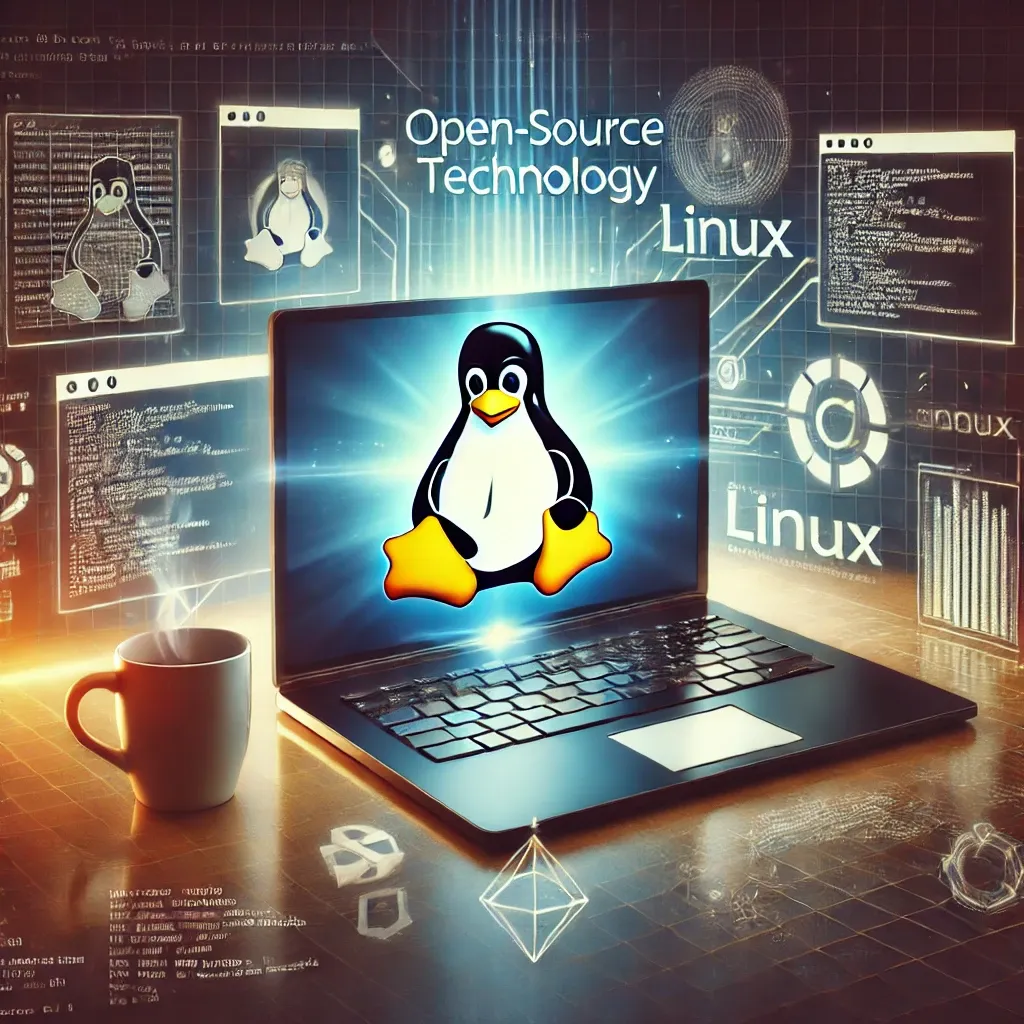Open-Source Essentials: The Software I Can’t Live Without

What is Open Source?
Open-source software refers to programs with publicly accessible source code that anyone can inspect, modify, and distribute. Unlike proprietary software, which is locked behind closed doors, open-source projects are built on collaboration and transparency. This means no hidden data collection, no forced subscriptions, and complete freedom to customize and improve the software to fit individual needs.
If there's one thing I’ve learned over the years, it's that the open-source community is filled with incredible tools that make life easier, more productive, and—best of all—free from vendor lock-in. As someone who loves open-source technology and values transparency, I’ve built my workflow around these tools. Whether it’s for work, personal projects, or just having fun tinkering, here are my go-to open-source tools that I can't imagine living without.
1. Linux on the Desktop
I’ve fully embraced Linux on all my personal computers, and I don’t see myself ever going back. The flexibility, security, and control it offers are unparalleled compared to proprietary operating systems. Whether it’s Fedora KDE for cutting-edge updates or another distribution tailored to a specific workflow, Linux gives me the ability to customize my computing experience exactly how I want it. I no longer deal with forced updates, invasive telemetry, or software that limits my choices—I have complete control over my machines.
2. Firefox
Firefox is my preferred web browser, offering a perfect balance of privacy, speed, and customization. With its strong commitment to open-source principles and user security, Firefox provides an excellent browsing experience without invasive tracking.
3. Immich
Immich is my go-to open-source alternative for managing and organizing my personal photos and videos. It provides automatic photo backup, AI-powered search, and a sleek interface—all while keeping my media private and stored on my own infrastructure. It replaces the need for Google Photos while ensuring my data stays under my control.
4. Bitwarden
Password managers are essential in today's digital world, and Bitwarden is the best open-source option. It provides encrypted password storage, autofill capabilities, and cross-device sync—all while keeping my data private and secure.
5. Home Assistant
Home automation is something I love tinkering with, and Home Assistant is at the center of my smart home setup. It integrates with almost any IoT device, allows for full local control, and offers automation possibilities that are limitless.
6. OpenVPN
For securely connecting back to my home lab network, OpenVPN is my VPN of choice. It provides reliable encryption and secure remote access, allowing me to manage my home infrastructure from anywhere while maintaining full control over my network traffic.
7. GIMP & Inkscape
When I need to do any graphic design or image editing, GIMP (GNU Image Manipulation Program) and Inkscape are my go-to tools. GIMP is a powerful alternative to Photoshop, while Inkscape is perfect for vector graphics and logo design.
8. Kdenlive
For video editing, Kdenlive is a fantastic open-source alternative to Adobe Premiere. It has a non-linear editing interface, great plugin support, and all the essential tools needed to edit and produce high-quality videos.
Why Open Source?
Open-source software represents everything I value in technology—freedom, transparency, and community-driven development. Instead of being locked into a proprietary ecosystem with hidden restrictions and privacy concerns, open-source tools empower users to take control of their digital lives. They allow customization to fit specific needs, foster innovation, and encourage collaboration among developers worldwide.
I love open-source because it aligns with my belief that technology should be accessible and adaptable. Being able to inspect the source code, contribute to projects, and benefit from a passionate global community makes using open-source software a deeply rewarding experience. It’s not just about free software—it’s about freedom in how we use, modify, and improve the tools that power our digital world.
